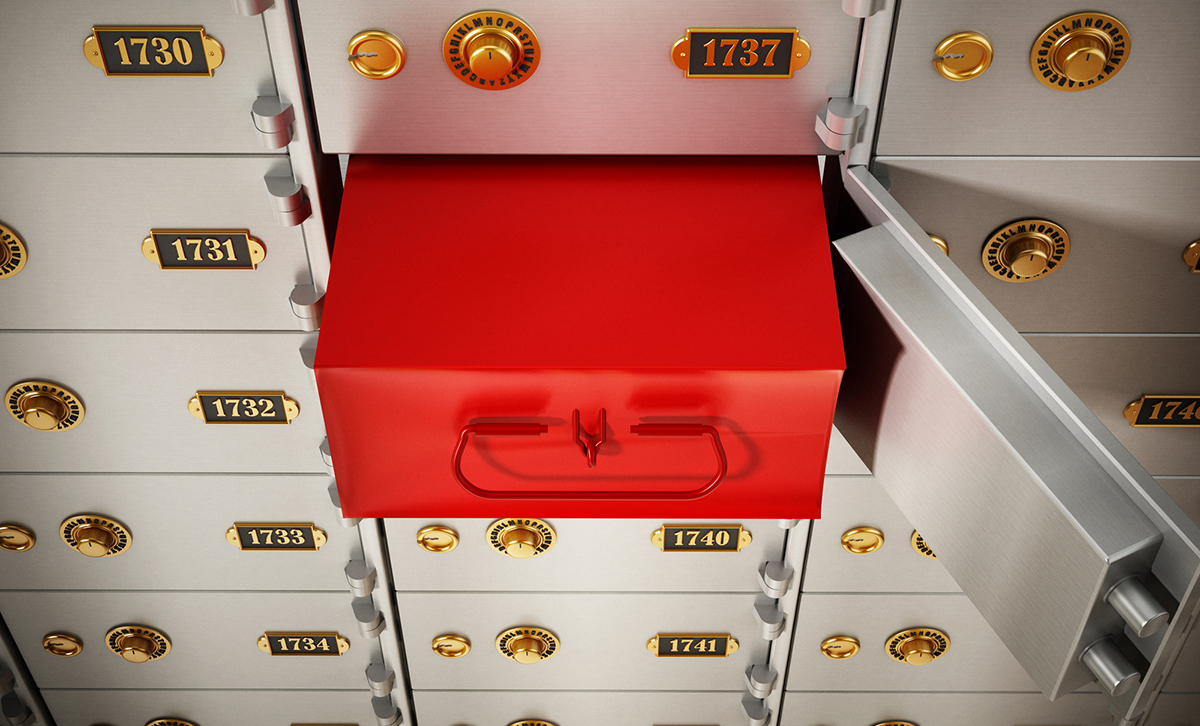Our Blog
Lessons in the Law April Report

What Not to Lock in the Box
The idea behind having a safety deposit box is to keep valuables in a secure environment. But that idea can sometimes present a major hurdle if you die.
Many people put money, jewelry and their estate documents in a safety deposit box and then appoint a deputy who also has access. The problem is the deputy loses his or her power if you die. To gain access to the box, your heirs have to go through probate court and have an attorney appointed. The attorney then must go to the bank, and with a bank employee present, open the box to access contents and do an inventory of the items.
Some banks even charge an hourly rate for the bank employee to stand and watch the process, in addition to what the attorney is charging, and in nearly 80 percent of cases the safety deposit box is empty. That’s time and money spent for nothing.
Never put your five critical documents - your will, financial power of attorney, durable power of attorney, healthcare power of attorney and living will - in your safety deposit box. If something happens to you, valuable time is wasted trying to gain access.
Most people don’t even need a safety deposit box. A visit to an attorney’s office can help to determine whether or not you really need a safety deposit box, and, if you do, how it should be titled for immediate access. I tell most people to invest in a secure home safe.
Atty. John J. Urban